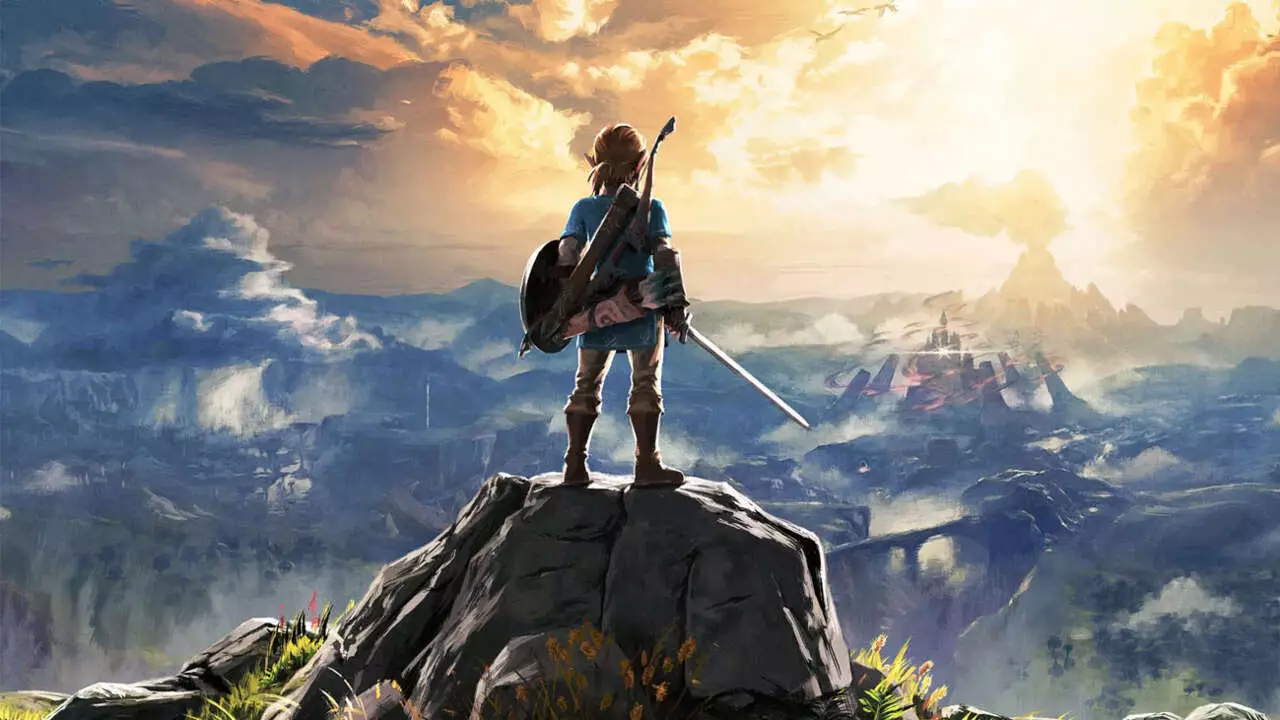In an era where fan projects frequently blur the line between homage and intellectual property infringement, Chris Carpenter’s recent attempt to create a Legend of Zelda fan film was both ambitious and reflective of the gaming community’s enthusiasm. The Kickstarter campaign, which garnered around $24,000, initially appeared to be a successful crowdfunding venture aimed at a beloved franchise. With Carpenter planning to embody the iconic character Link and Avi Lake cast as Princess Zelda, there was palpable excitement surrounding the project, titled *Lost in Hyrule*. It aimed to extend the narrative arc established in *Ocarina of Time* and *Majora’s Mask*, satisfying fan desires for an expanded storyline post-adventure.
However, this wave of enthusiasm soon crashed against the immovable wall of Nintendo’s strict policies regarding fan-made content. The gaming giant is notorious for its unwavering protection of its intellectual properties, often leading it to quash fan projects with an iron fist. Nintendo’s reputation for litigiousness extends beyond mere films; their legal actions include intervening in situations as trivial as the naming of a supermarket in Costa Rica. This rigorous approach reflects a sentiment that many in the industry find unsettling—while fans aspire to expand the lore of beloved franchises, companies are largely uninterested in sharing their creations, regardless of intent or passion.
Following Nintendo’s intervention, the Kickstarter campaign for *Lost in Hyrule* was suspended, leaving many contributors disillusioned and frustrated. Producer Dio Traverso communicated this setback on the Kickstarter page, expressing gratitude to supporters while reminding them that no funds would be collected due to the cessation of the project. This abrupt end not only extinguished hopes for a new film but also highlighted the precarious nature of fan initiatives, which, despite their goodwill, often risk incurring the wrath of established corporations.
The saga of *Lost in Hyrule* is emblematic of a broader tension within fan culture. It raises questions about the feasibility of fan projects in contemporary media, particularly when corporations retain such tight control over their intellectual properties. While many creators may feel an intrinsic motivation to celebrate and expand beloved narratives, the risk of significant backlash looms large. This predicament forces fans and aspiring filmmakers alike to think carefully about how to engage with existing worlds without stepping on toes.
The attempt to create *Lost in Hyrule* serves as both a testament to the passion of fans and a stark reminder of the realities imposed by powerful corporations like Nintendo. The mixture of hope and disappointment leaves one pondering whether authentic creativity can ever flourish under the shadow of such stringent oversight. While the gaming community continues to celebrate its beloved franchises, the need for a more open dialogue about creative expression and corporate ownership in fan projects remains urgent.


Leave a Reply